“Now we are dealing with political corruption and the seizure of power.” How Freedom House and experts assess Moldovan democracy
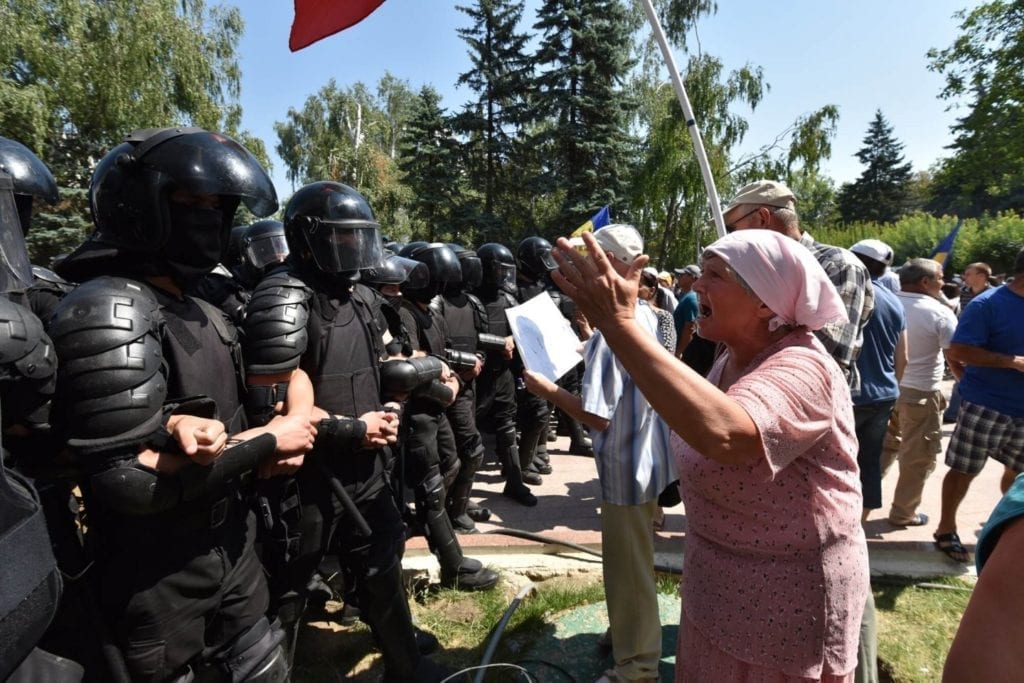 The Republic of Moldova keeps the status of a country with a hybrid regime or transitional government in 2018 as well, being one of the countries with the highest risk of slipping to authoritarianism, alongside Ukraine, Georgia, Armenia and Kirgizstan. Moldova is considered a partly free country in terms of realization of political rights and civil liberties, shows the Freedom House reports Nations in Transit and Freedom in the World 2018, IPN reports.
The Republic of Moldova keeps the status of a country with a hybrid regime or transitional government in 2018 as well, being one of the countries with the highest risk of slipping to authoritarianism, alongside Ukraine, Georgia, Armenia and Kirgizstan. Moldova is considered a partly free country in terms of realization of political rights and civil liberties, shows the Freedom House reports Nations in Transit and Freedom in the World 2018, IPN reports.
According to the Nations in Transit report, Moldova this year has a democracy score of 4.93/7, as last year. Moldova achieved the best result in corruption – 6 out of 7. This is followed by national democratic governance – 5.75, local democratic governance – 5.50, independent media – 5.00, judicial framework and independence – 5.00, electoral process – 4.00 and civil society – 3.25.
During the course of 2017, political processes were dominated by the adoption of a new, mixed voting electoral system. Civil society was quite active in 2017, while relations between the government and the civic sector deteriorated. The media sector continued to be politicized, facing the same new-old challenges. An outdated legal framework, excessive influence from politicians and oligarchs, limited independence for the broadcasting regulatory authority, unfair competition on politicized advertising market, and the use of the media for political purposes continued to hamper Moldovan media independence.
The justice reform stagnated in 2017. The appointment procedure for judges and key officials remained one of the main problems of this sector and continued to be a source of concern, especially when it comes to candidates’ integrity. Lack of progress and reforms in the justice sector led the European Union (EU) to announce in October its decision of cutting budgetary support program for judicial reforms and stop the last tranche of support in this sector in the amount of €28 million.
Anticorruption initiatives did not contribute to reducing corruption in 2017, as none aimed at depoliticizing public institutions and regulatory agencies. Open competitions for positions of responsibility were nontransparent in most instances, organized not by merit but instead relying on controversial regulations and political loyalty to, or membership of, the ruling political group.
The Moldovan economy managed to slightly recover after the decline from 2014-2016 and registered a 3 percent growth in 2017. However, Moldova remained the country with the lowest GDP per capita in the region. The Transnistrian conflict resolution saw some progress, including signed agreements on the apostilization of educational documents issued in Transnistria, as well as the opening of the bridge across the Nistru River between villages Gura Bicului and Bychok for traffic of light vehicles. Towards the end of the year, due to the lack of real reforms, the passing of contradictory laws, and wiggling out of international commitments, external partners’ distrust in the government led to the postponing of EU macro-financial assistance in the amount of €100 million.
In the Freedom in the World 2018, which is quoted by the portal bursa.ro, Freedom House concludes that political rights and civil liberties around the world deteriorated to their lowest point in more than a decade in 2017. For the 12th consecutive year, countries that suffered democratic setbacks outnumbered those that registered gains. Moldova this year has a score of 61 out of 100, as opposed to 62 last year.
According to the nongovernmental organization Freedom House, the global tendency is to strengthen authoritarian regimes and to weaken democracies: 45% of the countries are considered free, such as Finland, Sweden and Norway; 30% – partly free, such as Moldova and Georgia, while 25% – non-free (authoritarian regime – dictatorship), such as Russia, Belarus and Turkey. 39% of the global population lives in democratic countries, 24% in partly free countries, while 37% in non-free countries.



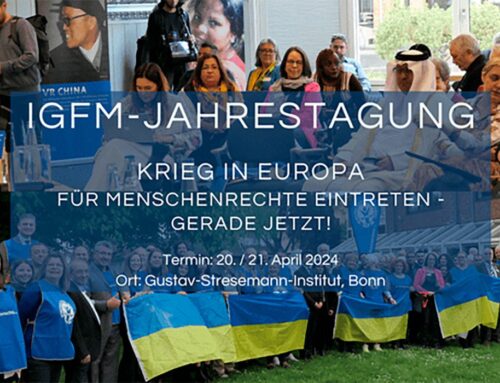
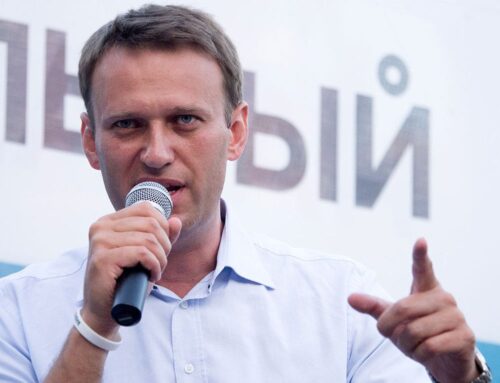
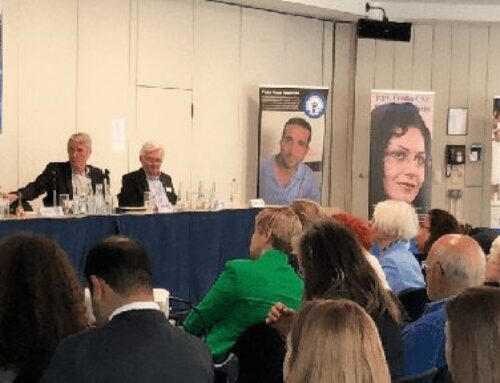
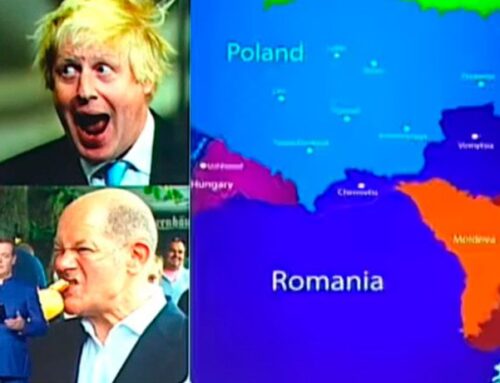
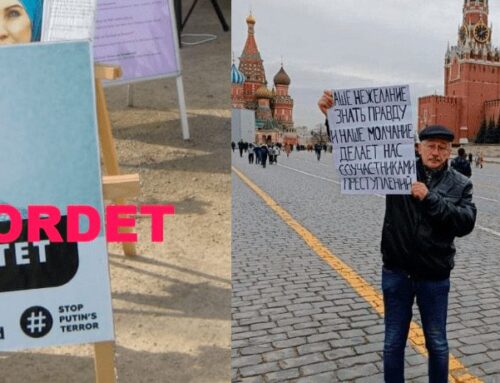
Leave A Comment